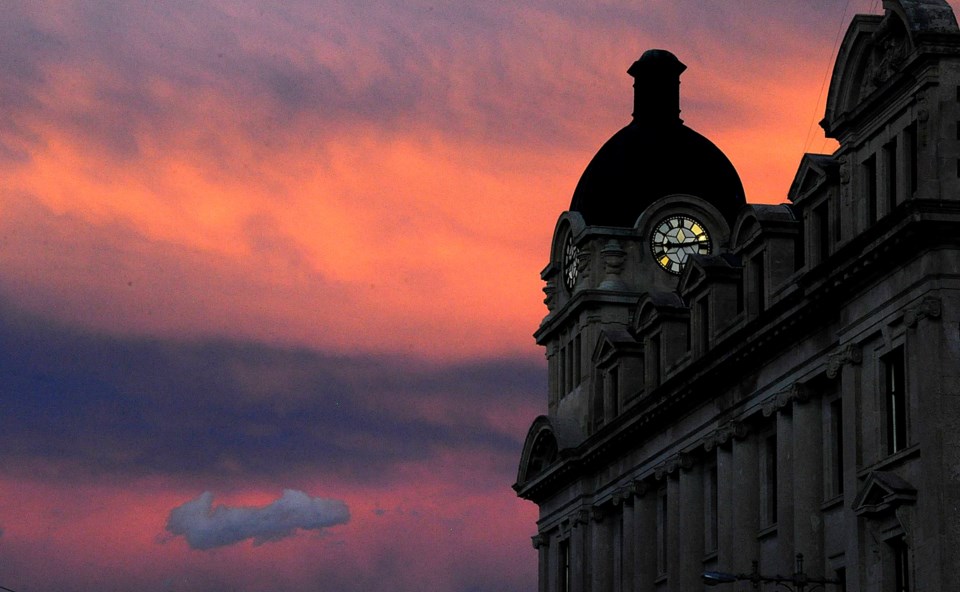MOOSE JAW — The City of Moose Jaw has paid nearly $2 million in carbon tax expenses since the federal government implemented the program in 2019, with the tax having the biggest effect on electricity costs.
City administration provided a report during the Jan. 13 regular city council meeting about how much money the municipality has paid to that program during the past six years.
The report showed that the tax had cost the city $1,947,256, which, broken down by category, had affected gasoline ($124,011), diesel ($280,589), propane ($11,196), natural gas ($738,906) and electricity ($792,554).
By year, in 2019, the city paid $86,074 in carbon tax expenses, $246,739 in 2020, $304,269 in 2021, $392,057 in 2022, $437,92 in 2023 and $480,325 in 2024.
Coun. Patrick Boyle pointed out that not only is Moose Jaw paying annual expenses for the carbon tax, but it is now paying 20 per cent on top of roughly $500,000 because of Ottawa’s Clean Fuel Tax.
He then asked whether the federal government had provided any rebates since it first introduced the tax in 2019. In response, city administration said the municipality had not received any reimbursement.
“The City of Moose Jaw has paid nearly $2 million in a federal carbon tax and received nothing back … with a rebate that was promised,” Boyle said. “So, the City of Moose Jaw is out about $2 million, which is about almost four years of (city hall’s) road and maintenance and operating budget.”
Boyle also noted that council needed to push the Saskatchewan Urban Municipalities Association (SUMA) to have a “long discussion” during its 2025 annual meeting in April about this issue and how it’s negatively costing every municipality.
The councillor later pointed out that the City of Moose Jaw — in partnership with the City of Regina — is also paying the carbon tax for the Buffalo Pound Water Treatment Plant. Since the plant paid roughly $400,000 last year in carbon tax fees, and Moose Jaw’s ownership share of the venue is 26 per cent, that means The Friendly City may have paid an extra $104,000.
After the meeting, Mayor James Murdock said the $1,947,256 in carbon tax expenses was “a large sum of money” that represented about four years of the road repair budget. Therefore, he thought the municipality could actually be ahead with maintenance if it had that funding.
The mayor agreed that all municipalities — through SUMA — need to work together to address this issue since that’s taxpayers’ money. Meanwhile, he thought it was “just wrong” that Ottawa had not provided any rebates during the past six years.
Every dollar that administration spends comes from residents, which is why directors are judicious in how they spend that tax money, said city manager Maryse Carmichael. That is why having nearly $2 million extra could have made a big difference in the budget and with programs.
“It is a significant amount of money and we need to look at (that carbon tax program),” she added.
The next regular council meeting is Monday, Jan. 27.




